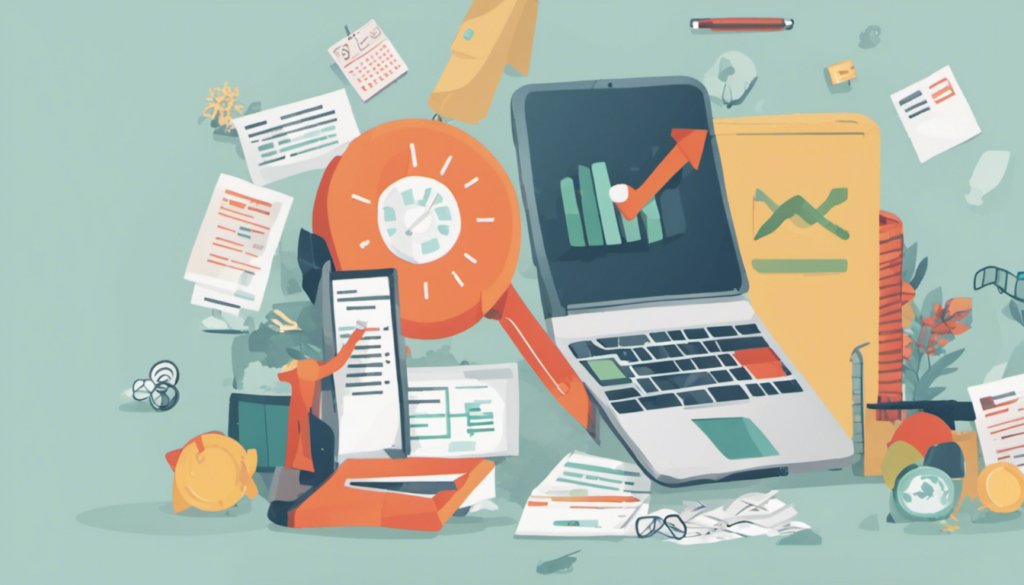Practical Advice on Creating, Maintaining, and Adjusting Budgets for Personal and Professional Needs
Introduction
Creating and managing budgets is essential for both personal and professional financial success. A budget helps you track your income and expenses, prioritize spending, plan for future goals, and make informed financial decisions. In this blog post, we will provide you with practical advice on creating, maintaining, and adjusting budgets to meet your personal and professional needs effectively.Point 1: Set Clear Goals
- Start by setting clear financial goals. Do you want to save for a down payment on a house, pay off outstanding debts, or build an emergency fund? Identify your short-term and long-term financial objectives.
- Break your goals into smaller, achievable targets. For example, if you want to save $10,000 in a year, aim to save around $833 per month or $192 per week.
- Having specific goals will help you stay motivated and focused while creating and maintaining your budget.
Point 2: Track Your Income and Expenses
- Start by calculating your monthly income from all sources. This includes salary, freelance work, rental income, or any other additional income streams.
- Next, track your monthly expenses. Categorize them into fixed expenses (rent/mortgage, utilities, etc.), variable expenses (groceries, transportation, entertainment), and discretionary expenses (eating out, shopping, etc.).
- Use budgeting tools or apps to simplify the process. These tools can automate expense tracking and give you a clear picture of where your money is going.
Point 3: Prioritize and Reduce Expenses
- Review your expenses and identify areas where you can cut back. Look for subscriptions or services that you don’t fully utilize or can live without.
- Consider negotiating bills such as cable, insurance, or internet to see if there are any cost-saving options available.
- Focus on prioritizing your expenses based on your financial goals. Allocate more funds towards savings, debt repayments, or other significant expenses.
Point 4: Plan for Adjustments
- Budgets are not static; they need to be adjusted regularly as circumstances change. Life events, unexpected expenses, or income fluctuations may require you to reevaluate and adapt your budget.
- Regularly review your budget to ensure it aligns with your changing financial situation and goals.
- Consider setting aside some savings for any emergency or unexpected expenses to avoid derailing your budget completely.
Conclusion
Creating, maintaining, and adjusting budgets are crucial for personal and professional financial stability. By setting clear goals, tracking your income and expenses, prioritizing spending, and planning for adjustments, you can develop a budget that works well for you. Remember, creating a budget is not a one-time task but an ongoing practice that requires discipline, evaluation, and flexibility. Regularly monitoring and adjusting your budget will help you stay on track and achieve your financial goals efficiently.You might be interested in personal finance and financial planning. These topics can provide you with further insights and knowledge on effectively managing your finances and making informed financial decisions. Speaking of personal finance, you might be interested in budgeting as a fundamental aspect of financial planning. Budgeting helps you prioritize spending, track income and expenses, and work towards your financial goals. Additionally, learning about emergency funds can be beneficial in preparing for unexpected expenses and maintaining




